1. Texas
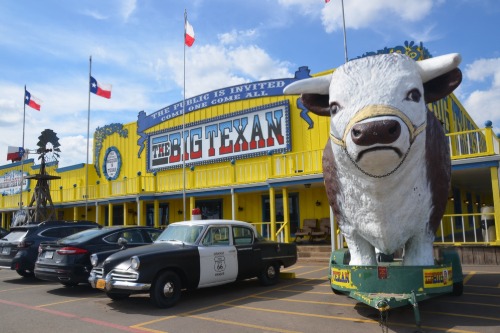
Texans have a reputation for being fiercely independent, and that includes their feelings toward Californians. The state’s distinctive culture—proud of its cowboy heritage, big skies, and strong oil industry—is often seen as being at odds with the more progressive, liberal views that California is known for. Californians moving to Texas often bring their political preferences with them, leading to some tension.
What truly gets under Texans’ skin, however, is when newcomers from California start to change the local culture. California transplants are often accused of driving up housing prices and pushing for policies that don’t mesh with Texas’ traditionally low-tax, less-regulated approach. This clash of ideologies can make for some tense conversations, especially when it comes to urban growth and environmental issues.
2. Colorado

Colorado, with its laid-back mountain vibe, has seen an influx of Californians in recent years—especially in cities like Denver and Boulder. However, this migration has sparked frustration among locals. Many Coloradans feel that California transplants are pushing up housing prices and gentrifying neighborhoods, making it harder for long-time residents to afford to stay in their own communities.
Another sticking point for Coloradans is the environmental attitude that many Californians bring with them. While Colorado is known for its outdoor lifestyle and progressive policies, many locals feel that Californians’ constant demands for more sustainable living options can sometimes come across as condescending. The real issue, however, may just be the influx of Californians changing the character of Colorado’s small-town charm.
3. Idaho
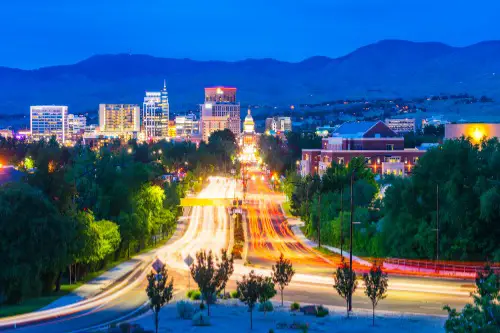
Idaho is often viewed as a refuge for those looking to escape the hustle and bustle of urban life. But when Californians start moving in, they bring with them the very lifestyle that some Idahoans are trying to escape. The state’s relatively small population and slower pace of life make it feel like a tight-knit community, and outsiders, especially Californians, can sometimes be seen as outsiders disrupting the peace.
Additionally, there’s the issue of political differences. While Idaho is a deep-red state, California is known for its progressive politics. When Californians move to Idaho, they often push for progressive policies that locals see as incompatible with the state’s conservative values. This political divide can cause tension, making it hard for people from both sides to find common ground.
4. Nevada

Nevada shares a border with California, which means it often attracts Californians seeking more affordable living while still being close to the West Coast. But many Nevadans aren’t exactly thrilled with this influx. The most obvious issue is the rise in housing prices, as Californians’ demand for more space pushes up property values, making it more difficult for long-term residents to stay in their homes.
But there’s also the perception that Californians bring their liberal views with them and attempt to change the state’s political landscape. While Nevada is a swing state, its rural areas lean conservative, and many locals resent what they view as an invasion of outsiders trying to impose their values on them. The result is a classic case of “locals vs. transplants” that creates an undercurrent of tension.
5. Wyoming

Wyoming, known for its wide-open spaces and a slow-paced, rural lifestyle, has seen an increase in out-of-state residents, particularly Californians, seeking a quieter life. However, these newcomers are often seen as intruders by locals who are protective of their small-town ways. The state’s low population and rural charm make it appealing to people fleeing crowded areas, but this influx of outsiders is starting to change the social landscape.
One key issue is the difference in political views. Californians tend to be more liberal, while Wyoming is a staunchly conservative state. This can lead to clashes when it comes to policy preferences, such as environmental regulations or gun rights. Locals sometimes feel that the Californians moving in want to change the very essence of what makes Wyoming what it is.
6. Montana

Montana is often considered the last great frontier—an area of vast, unspoiled nature and small, close-knit communities. The arrival of Californians in this peaceful state has stirred up some resentment. Many Montanans worry that their state will lose its charm and authenticity as it becomes more populated and urbanized by newcomers, particularly those from California.
The tension escalates when the influx of Californians drives up property values and housing costs. Montana’s rural communities are not equipped to handle a rapid population increase, leading to feelings of displacement among locals. Moreover, as more Californians move in, they often bring their liberal political views with them, which clashes with Montana’s deeply conservative values.
7. Arizona
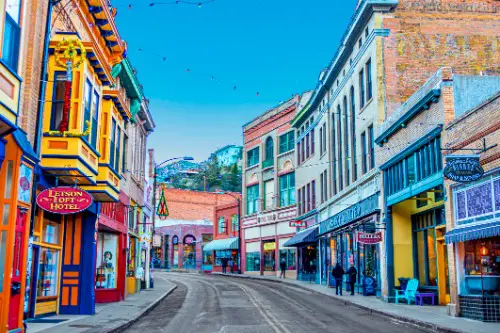
Arizona has long been a popular destination for Californians looking for more affordable housing and a change of pace, but this migration has created some tension. As more Californians move into cities like Phoenix and Tucson, they push up housing prices and contribute to urban sprawl. Long-time Arizona residents often feel that their state’s low-key atmosphere is being overshadowed by the influence of transplants from California.
Additionally, California’s reputation for progressive politics can be off-putting in Arizona, which is a politically divided state. The arrival of Californians who bring their left-leaning ideologies with them can cause friction, particularly in rural areas that lean conservative. This difference in values is one of the key reasons Arizona sometimes finds itself at odds with its California newcomers.
8. Oregon
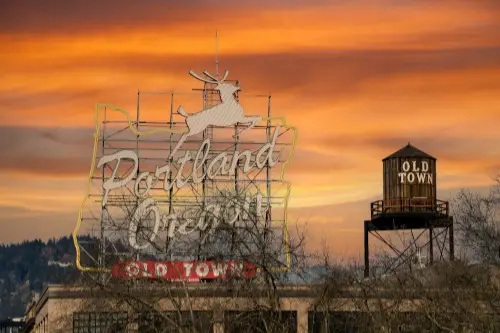
Oregon, especially in cities like Portland, has experienced a growing influx of Californians seeking a more affordable and more progressive place to live. While many newcomers are drawn to the state’s liberal values, their arrival has created tensions with locals who are concerned about the rapid changes occurring in their communities. Housing prices have skyrocketed, and longtime Oregonians are finding it harder to afford to live in the cities they’ve always called home.
Additionally, Oregon’s reputation as an environmentally-conscious state sometimes clashes with the more laid-back Californian lifestyle. The perceived smugness of some Californians, especially in their advocacy for sustainable living and social policies, can irritate Oregonians who see themselves as more practical and grounded. This clash of cultures is a big part of the resentment that many Oregonians feel.
9. South Dakota

South Dakota has been increasingly appealing to Californians seeking a quieter, more affordable life. However, the sudden increase in out-of-state residents has caused some concern among locals. The state is known for its rugged beauty and tight-knit communities, and many South Dakotans feel that Californians are disrupting the lifestyle they’ve come to cherish.
A key point of contention is the political divide. While South Dakota is a staunchly conservative state, many Californians bring with them liberal views, especially when it comes to environmental issues and government intervention. The perceived shift in the state’s culture has made some South Dakotans wary of the growing influence of Californians on their policies and way of life.
10. North Carolina
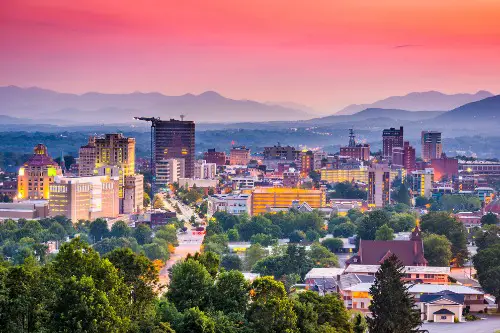
North Carolina has seen an influx of Californians over the years, drawn by the state’s lower cost of living and beautiful scenery. However, many North Carolinians view this migration as an unwelcome trend. The growth in California transplants has driven up housing prices, making it harder for locals to afford homes in their own communities.
The tension isn’t just about real estate; it’s also about cultural differences. North Carolina is a more traditional, Southern state, and some locals resent what they perceive as the influx of Californian liberalism. Whether it’s attitudes toward the environment or social policies, many North Carolinians feel that Californians are attempting to change the character of their state.
11. Utah
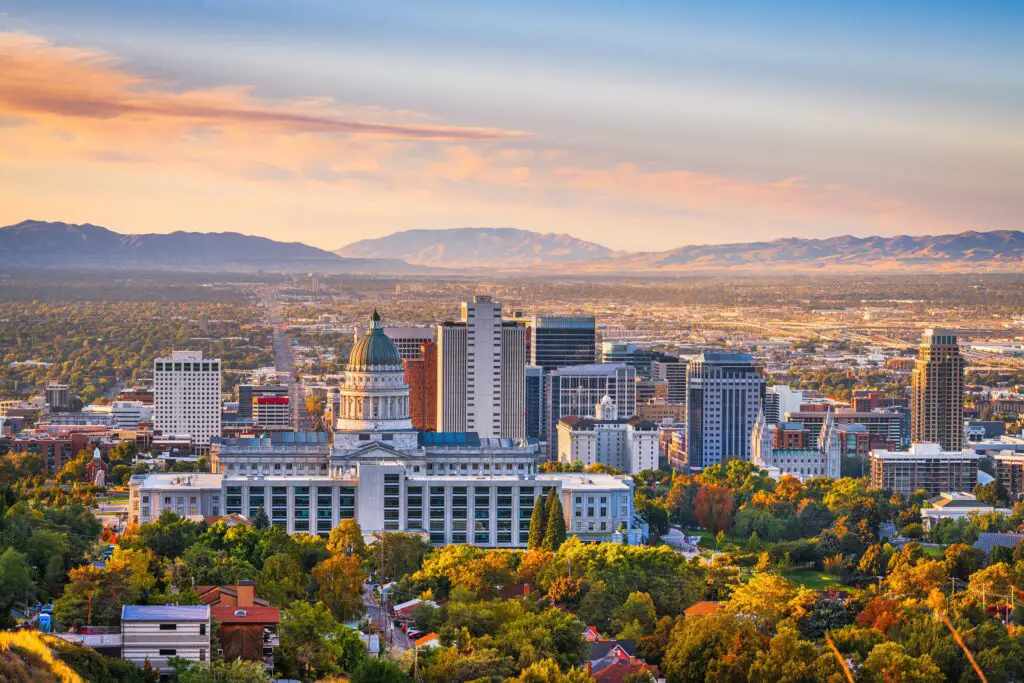
Utah’s growing popularity as a destination for Californians has been met with mixed feelings. The state offers a high quality of life, beautiful landscapes, and a lower cost of living, making it attractive to transplants. However, many Utahns feel that Californians are contributing to rising housing prices and making it more difficult for locals to find affordable homes.
There’s also a sense that California’s liberal politics are at odds with Utah’s deeply conservative values. As more Californians move to Utah, they often push for progressive policies on issues like climate change and LGBTQ+ rights. This clash of ideologies leads to a growing divide between the newcomers and long-time Utah residents.
12. Alabama
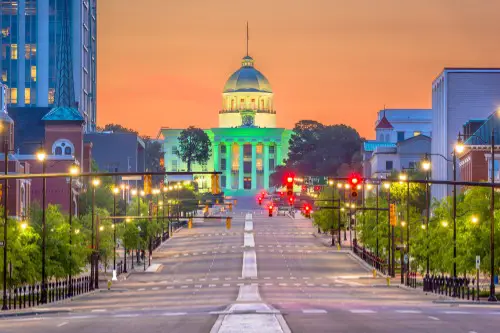
While Alabama might not be a top destination for Californians, those who do migrate there often find themselves facing a bit of resistance. The state has a very traditional Southern culture, and many locals are protective of it. When Californians move in, they bring with them a different set of values, particularly when it comes to politics and social issues.
The tension between newcomers and natives comes to a head over issues like climate change, education policies, and environmental protection. Alabama has historically been a red state with conservative views, and many residents view Californians as trying to push a progressive agenda that doesn’t fit with their way of life. This mismatch in values is a key reason why some Alabamians aren’t too fond of their Californian counterparts.
13. Alaska
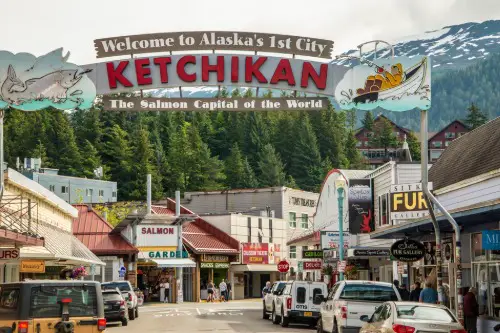
Alaska is known for its rugged beauty, isolation, and unique culture. However, it has become increasingly attractive to Californians seeking a fresh start in a more remote, affordable environment. Unfortunately, this influx of newcomers has created some tension, particularly in smaller towns and communities where locals are protective of their close-knit way of life.
Many Alaskans also feel that Californians are driving up the cost of living, especially in cities like Anchorage. Moreover, Alaskans pride themselves on being self-reliant, and some feel that Californians bring a sense of entitlement and dependence on government programs. The clash between the state’s independent spirit and the more progressive values of California transplants is one of the primary sources of friction.


